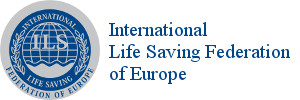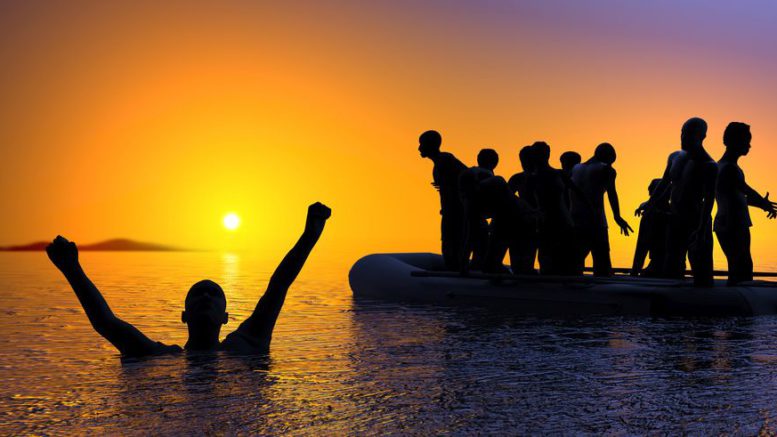We – the members of the International Life Saving Federation of Europe (ILSE) – are devastated to see the pictures of thousands of refugees that have drowned in the Mediterranean Sea. Our thoughts are with all the victims and their families.
All across Europe we’re teaching people how to swim safely so that they can use the water as a place they can enjoy. With this background, it’s hard to take in the terrible pictures we see in the news every day.
With each new day we get new pictures of the Mediterranean region and the thousands of people who want to flee across the Mediterranean Sea. They’re fleeing, packed tightly into inflatable boats which wouldn’t even be safe on your local lake, or in completely overcrowded fishing boats – almost always without life-jackets or other rescue equipment. As soon as the European shore, or rescue boats are in sight, everyone on the boat tries to reach out for it – often ending with a tragedy, with boats overturning, or sinking. Most people drown just minutes before they reach a helping hand.
Nobody knows how many refugees have died this year in the Mediterranean Sea. We cannot imagine how great their fear and need must be to run such terrible risks.
ILSE can’t change the political situation in the world. Our lifeguards and lifesavers, who try to prevent drowning day by day in our European waters, are powerless as they witness how thousands and thousands of refugees drown as they reach the borders of our continent.
So, how can ILSE members help? We can highlight these risks for the refugees who want to flee across the Mediterranean Sea to Europe and maybe even help in some way on a humanitarian level.
But perhaps what is much more important is to try to get in contact with the refugees in our own countries. Every lifeguard of every non-profit organization in Europe can help to do this, not just in their own country, but also in the countries from which the refugees are coming to us here in Europe, and by trying to help improve the conditions to remain living there. It’s not a question of mounting one great disaster relief campaign, it will be the summary of thousands of small actions and support by our members that will make the biggest difference here. This crisis will continue to impact on us for a long, long time, so we have to find ways together of dealing with this issue.
Many thousands of refugees have already reached Europe safely, spurred on by a strong hope for a better future for them and their families. This includes, of course, the desire to learn the skills for safe swimming, boating or fishing, and the knowledge how to behave in, at and on waters. We can’t teach everyone how to swim, we don’t have these capacities, but we can organise this within our own civil societies. We can therefore help in many ways to give the refugees a better and, most of all, safer future.
We know about the motivation that drives everyone away from their home countries: It’s the wish for freedom and peace, and to experience the basic human right of a safe life, which everyone deserves.

